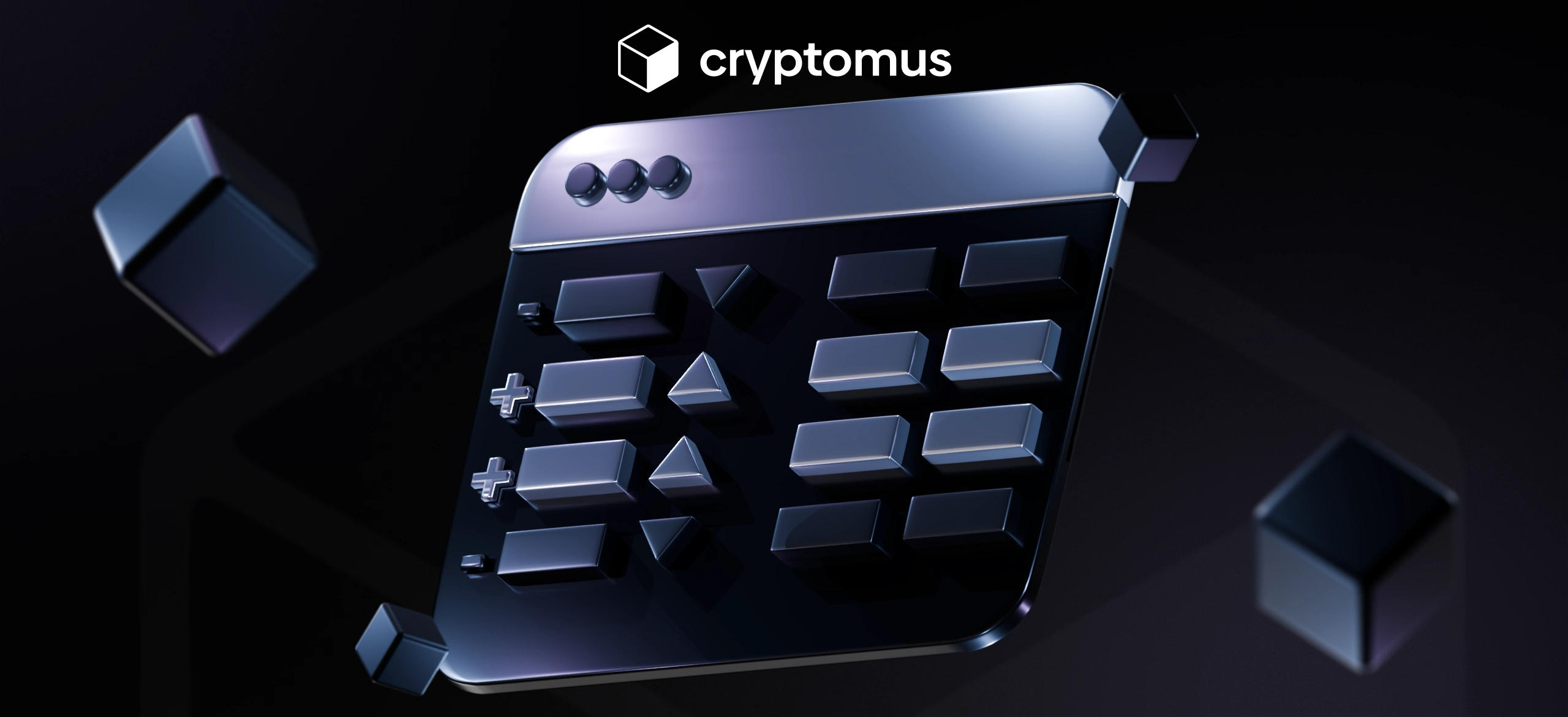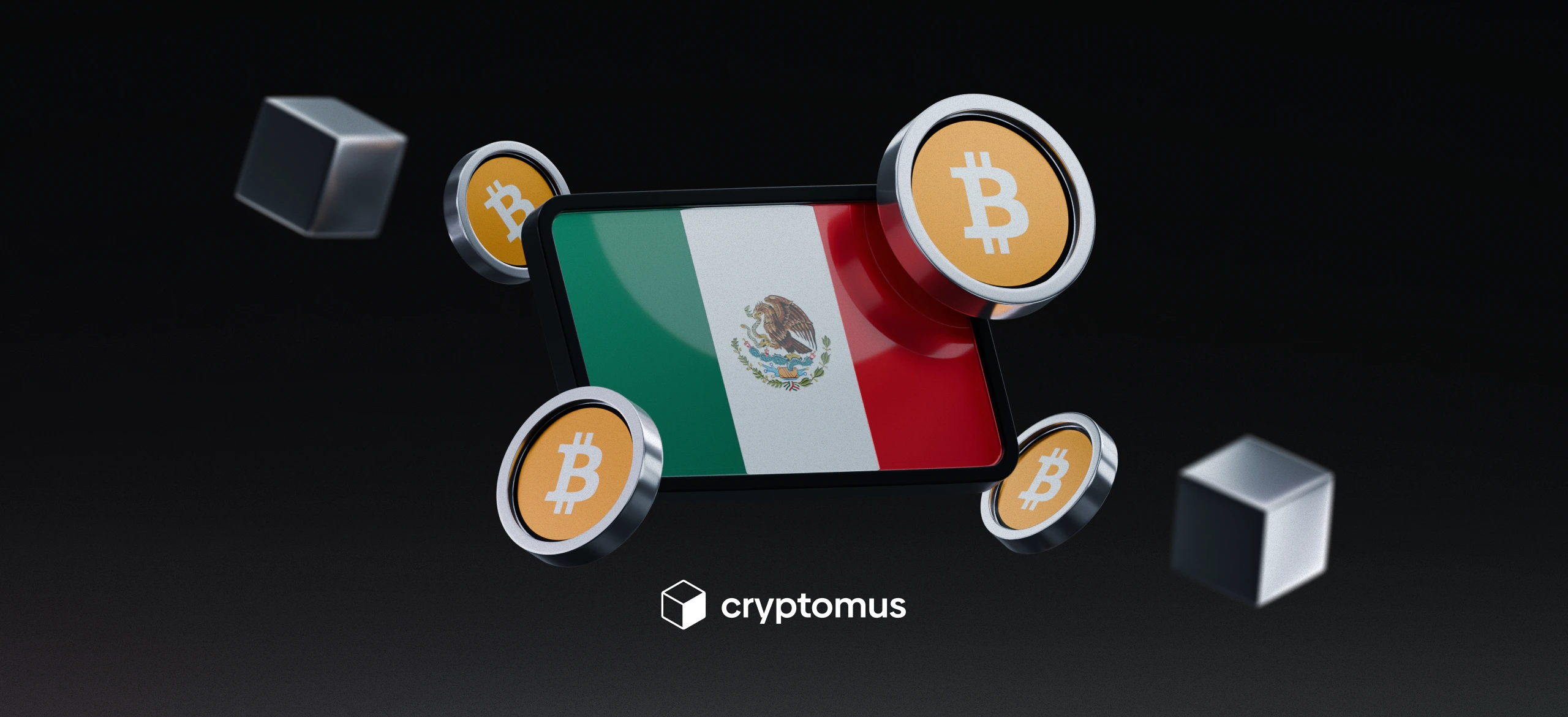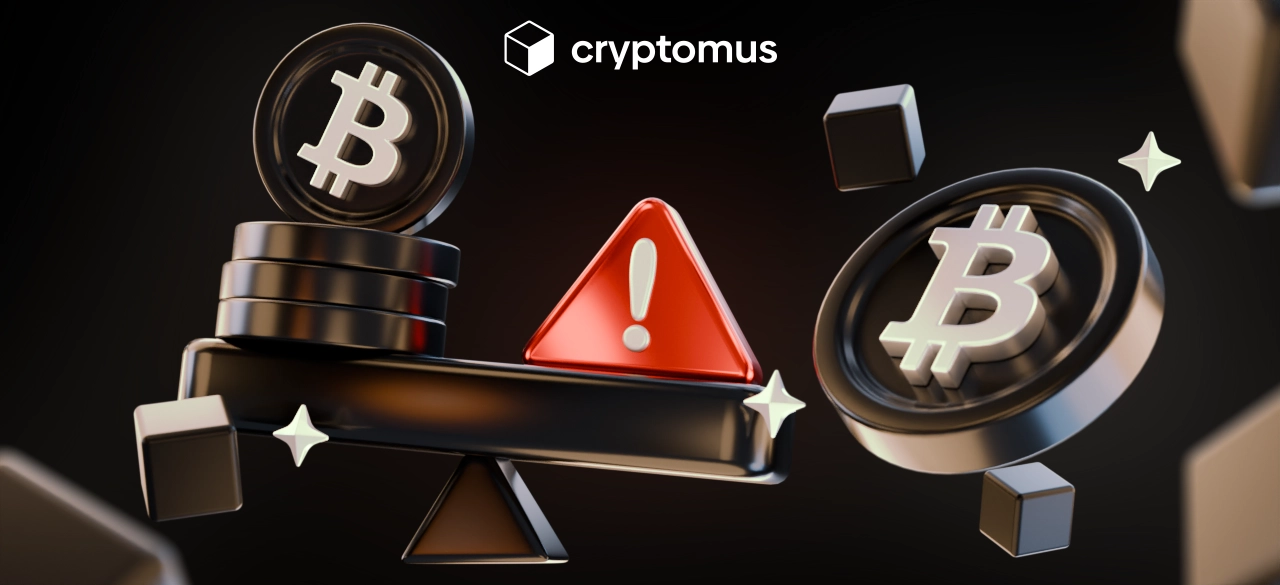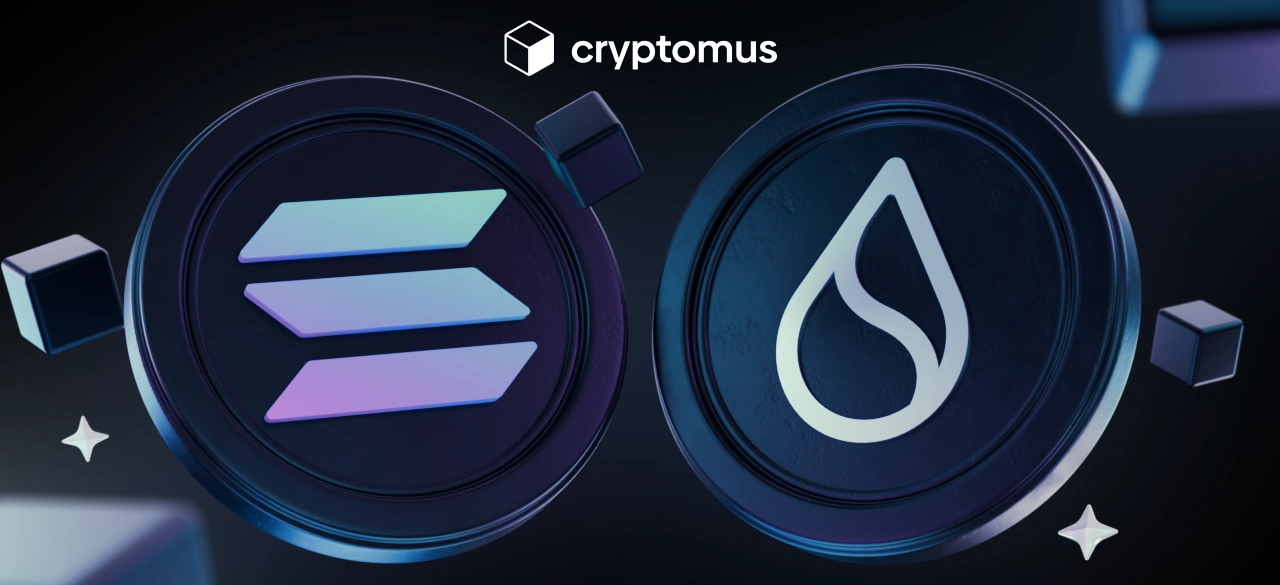
SUI Vs. Solana: Complete Comparison
Table of Contents
Looking at the news headlines about cryptocurrencies, it may seem that Solana has won over the hearts of all users. However, a new player is emerging in the market with a great promise - SUI. They are both listed on crypto exchanges, and are used as a way of trading or as an investment storage. Cryptanalysts often compare the coins with each other, and in this article we’ll talk about the differences and similarities between SUI and Solana.
What Is SUI?
SUI is a next-generation blockchain that addresses key network issues such as congestion and low scalability (e.g., as found in Ethereum). The project was designed by ex-Facebook developers in 2023.
SUI uses a modern architecture that allows transactions to be processed in parallel and is based on an object-oriented data model. This increases the network’s speed and scalability. The coin offers processing around 120,000 transactions per second (TPS), completion in 390 milliseconds, and low gas fees. Thanks to these features, SUI is well-suited for building Web3 apps like games, NFT marketplaces, and DeFi projects. While the ecosystem is still developing, its high performance and active developer support show strong potential for growth.
What Is Solana (SOL)?
The Solana project is also in the spotlight for investors. The team has focused on the DeFi sector: so, the coin, on average, processes 50,000 transactions per second, with a block finalization time of 2.3 seconds. These results are impressive in the era of decentralized application development. Solana was first known as the "Ethereum killer," which was the crucial aspect for a long time. Another impressive factor was the developers' promise to reliably process over 120,000 transactions per second (TPS), which hasn’t yet been realized.
This year, the network has reached peak popularity, causing it to become overloaded several times due to the meme coin frenzy. Users have also complained about transaction failures as meme coin merchants such as BONK and WIF have flooded the web. This fact is a big “red flag” for customers and merchants.
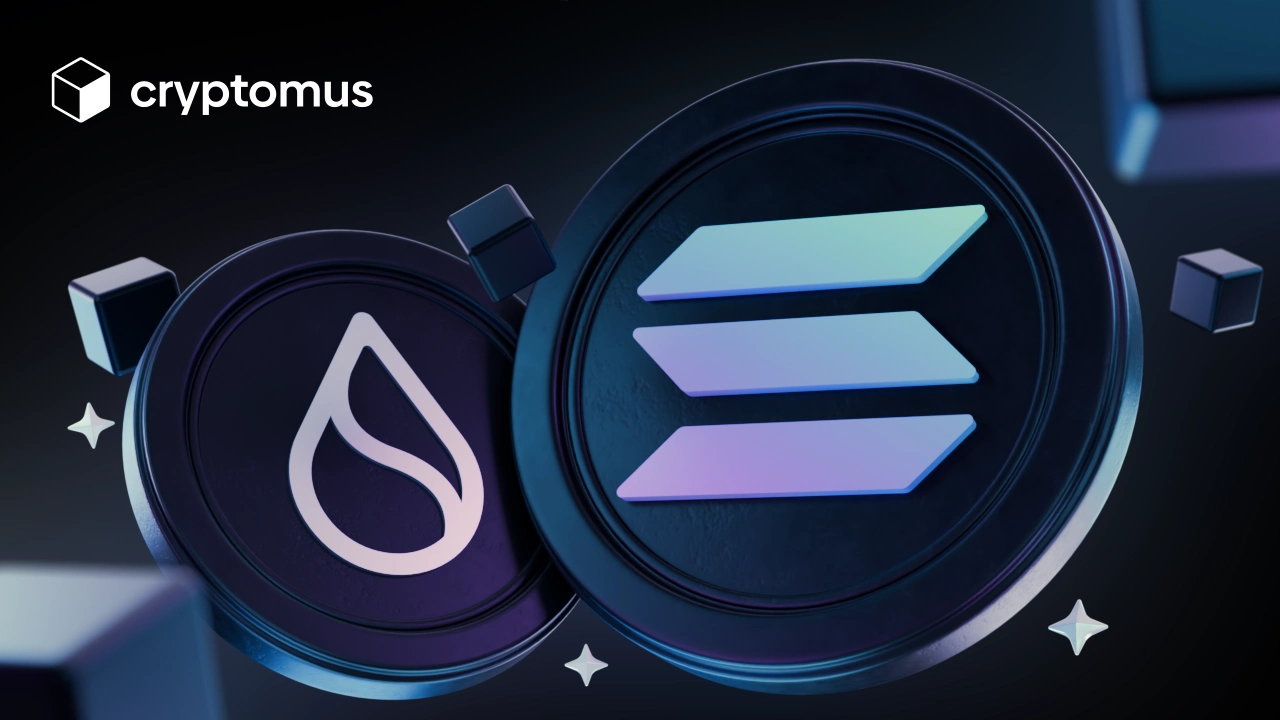
SUI Vs. Solana: Key Differences
As you can understand from the above, the coins do have some common features. Let’s take a closer look at the key points to answer the main question: Are SUI and Solana truly similar to each other?
Transaction Speed
Solana has long been known for its high transaction processing speed. Thanks to its unique Proof-of-History (PoH) consensus mechanism, which helps reduce the time required for transaction confirmation, the coin effectively processes operations in parallel and achieves up to 50,000 TPS.
SUI also utilizes parallel processing, which allows the system to achieve high throughput. Moreover, in real-world conditions, this coin is capable of processing around 120,000 transactions per second (TPS), which is nearly 2.5 times the capacity of Solana. The TPS rate for SUI may be even higher depending on network congestion.
Consensus Mechanism
The Solana mechanism is based on a combination of several technologies: Proof-of-History (PoH) and Proof-of-Stake (PoS). PoH systematizes events and transactions over time, while PoS is responsible for validating blocks and maintaining network security. This approach allows Solana to keep speeds high and fees low.
SUI also utilizes dual consensus mechanisms, Narwhal and Bullshark, which are cutting-edge in the world of cryptocurrency. Narwhal is responsible for ensuring data availability, while Bullshark deals with the ordering of transactions. Unlike classic PoS or PoW, this mechanism is focused on parallel execution, which distributes the load between validators and improves scalability.
Ecosystem
Solana is a relatively long-standing player in the cryptocurrency space and has established itself as a great ecosystem with DeFi applications, NFT platforms and various services. Solana has a developer support fund and an active community, which makes it attractive for new projects.
Sui acts as a newer project, and, as such, has a smaller number of decentralized applications and platforms. Though, Sui Labs actively supports developers through grants and educational programs, which stimulates the growth of the ecosystem.
Is SUI The Next Solana?
We’ve explored the key factors for comparing the coins from all angles, and it's time to answer the main question of the article: is SUI the next Solana? Solana is a mature project with a strong ecosystem, high transaction speed, and an active community. It has secured a solid position in the DeFi and Web3 space, despite occasional network outages and congestion.
In this context, SUI emerges as an ambitious newcomer with similar goals — scalability, low fees, and fast processing. It can be seen as a potential “next Solana,” but to earn that title, SUI still needs to prove its stability, grow its ecosystem, and attract both developers and users.
Head-To-Head Comparison Of SUI And Solana
Finally, we’ve prepared a table for you to visually compare the similarities and differences between the two cryptocurrencies:
| Coin | Launch Date | Mechanism | Goal | Price | Speed | Scalability | |
|---|---|---|---|---|---|---|---|
| Solana | 2020 | Proof-of-History (PoH), Proof-of-Stake (PoS) | Build a high-performance blockchain for decentralized applications (dApps) | Established, relatively stable but volatile | Up to 65,000 TPS (proven) | High scalability but faces occasional network congestion issues | |
| Sui | 2023 | Narwhal and Bullshark | High scalability through parallel transaction processing | Emerging, price fluctuates as the network grows | 120,000+ TPS (theoretical) | Designed for high scalability with parallel transactions |
We believe that SUI Network is a blockchain to watch closely. For buying or selling SUI and Solana, you can always use the Cryptomus platform. The low fees - 0.1% for buyers and 0.2% for sellers - can be a nice bonus in cryptocurrency trading.
Do you think SUI has the potential to lead the exchanges? Do you have this asset in your crypto wallet? Share your opinion in the comments.
Simplify Your Crypto Journey
Want to store, send, accept, stake, or trade cryptocurrencies? With Cryptomus it's all possible — sign up and manage your cryptocurrency funds with our handy tools.
Get Started







